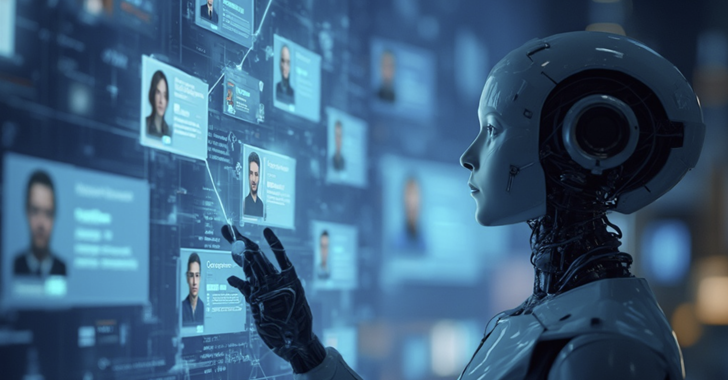Artificial Intelligence (AI) is revolutionizing industries by enabling smarter decisions, automation, and data-driven insights. However, as AI systems grow more powerful, they also raise serious concerns around privacy and personal data protection. Understanding the risks is crucial for ensuring that AI is used responsibly and ethically.
How AI Impacts Privacy
AI systems rely on large datasets—often containing sensitive personal information—to learn patterns and make predictions. From facial recognition and voice assistants to targeted advertising and healthcare diagnostics, AI processes vast amounts of user data, creating potential vulnerabilities in privacy.
Key Risks in AI and Privacy
Data Collection and Consent
AI systems often collect user data passively or through opaque means. Many users are unaware of what data is being gathered or how it’s used, leading to concerns about lack of informed consent and potential misuse of personal information.
Surveillance and Tracking
AI-powered surveillance tools such as facial recognition and predictive policing can track individuals in real-time. While often used for security purposes, these technologies can infringe on civil liberties, especially when deployed without transparency or accountability.
Data Breaches and Hacking
As AI systems handle massive amounts of personal data, they become attractive targets for cybercriminals. A breach in an AI system’s data repository can expose highly sensitive information, resulting in identity theft, financial loss, or reputational damage.
Algorithmic Bias and Discrimination
AI models trained on biased data may reinforce existing stereotypes or unfairly target certain groups. In sensitive areas like hiring, lending, or law enforcement, this can lead to discriminatory outcomes that violate privacy and equality rights.
Inference and Profiling
AI can infer private attributes (such as political views, health conditions, or sexual orientation) from seemingly non-sensitive data like browsing behavior or location history. This profiling, often done without user knowledge, can be invasive and manipulative.
Lack of Regulation and Oversight
Many AI technologies operate in regulatory gray areas. Without strong data protection laws or ethical guidelines, companies and governments may use AI in ways that compromise individual privacy without consequences.
Protecting Privacy in the Age of AI
To address these risks, several strategies and best practices are recommended:
- Transparent Data Practices: Inform users about what data is collected and how it will be used.
- Data Minimization: Only collect the data necessary for a specific function to reduce exposure.
- Robust Security Measures: Encrypt and secure data to prevent unauthorized access.
- Ethical AI Development: Design AI systems with fairness, accountability, and user privacy in mind.
- Stronger Regulations: Governments must enforce clear policies around data usage, consent, and AI accountability.
Conclusion
While AI brings significant advancements, it also introduces serious privacy risks that cannot be ignored. Protecting personal data and ensuring ethical use of AI should be a top priority for developers, organizations, and policymakers. Balancing innovation with individual rights is the key to building trust and ensuring AI serves society responsibly.






Leave feedback about this